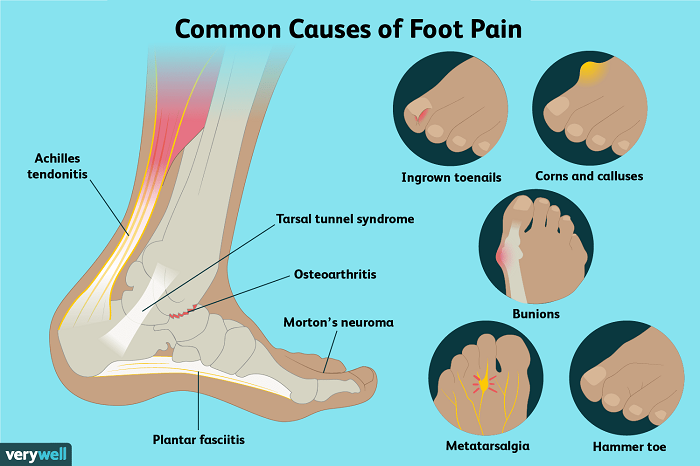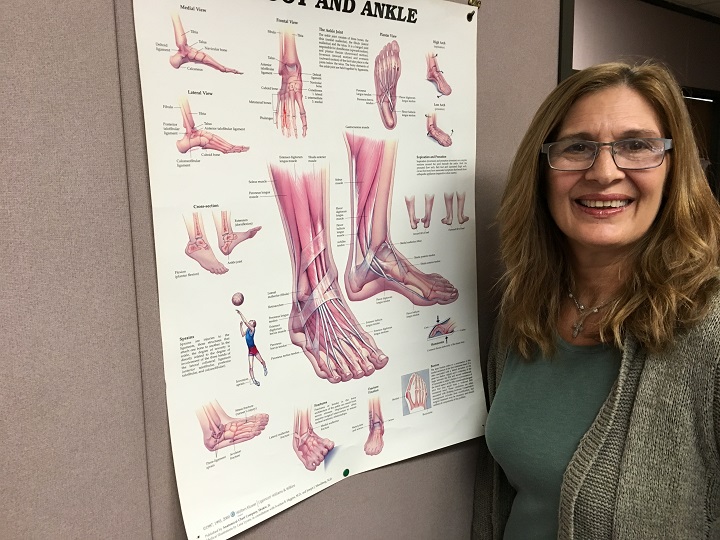In the hustle and bustle of everyday life, foot problems can often be overlooked. Whether it’s a nagging pain, an injury, or a chronic condition, seeking the expertise of a qualified foot doctor is essential for maintaining optimal foot health. But with numerous options available, how do you find the best foot doctor near you? This comprehensive guide aims to answer that question, offering valuable insights and tips to ensure you receive top-notch care for your feet.
Understanding Foot Health

The Importance of Foot Health:
- Discuss the significance of foot health in overall well-being.
- Highlight common foot problems and their impact on daily life.
- Emphasize the role of foot doctors in diagnosing and treating various conditions.
Types of Foot Doctors:
- Podiatrists vs. Orthopedic Surgeons:
- Explain the differences between podiatrists and orthopedic surgeons.
- Outline their respective areas of expertise and specialization.
Finding Foot Doctors Near You
Researching Local Options:
- Utilize online resources such as search engines, directories, and review platforms.
- Consider recommendations from friends, family, and healthcare professionals.
Factors to Consider:
- Qualifications and Credentials:
- Look for board-certified podiatrists or orthopedic surgeons with relevant experience.
- Verify their credentials and affiliations with reputable medical institutions.
Location and Accessibility:
- Prioritize clinics or offices that are conveniently located and easily accessible.
- Consider factors such as parking availability and public transportation options.
Reviews and Testimonials:
- Read reviews and testimonials from previous patients to gauge their satisfaction.
- Look for patterns in feedback regarding the doctor’s expertise, bedside manner, and treatment outcomes.
Consultation and Evaluation

Initial Appointment:
- Schedule a consultation with your chosen foot doctor.
- Prepare a list of questions and concerns to discuss during the appointment.
Comprehensive Evaluation:
- The doctor will conduct a thorough examination of your feet, ankles, and lower extremities.
- Diagnostic tests such as X-rays, MRI scans, or blood tests may be ordered to aid in diagnosis.
Treatment Options:
- Depending on the diagnosis, the foot doctor will recommend appropriate treatment options.
- This may include conservative measures such as orthotics, physical therapy, or medication, or surgical intervention for more severe cases.
Follow-up Care and Maintenance:
Treatment Plan:
- Collaborate with your foot doctor to develop a personalized treatment plan tailored to your needs.
- Follow their recommendations regarding medication, physical therapy exercises, and lifestyle modifications.
Regular Check-ups:
- Schedule regular follow-up appointments to monitor your progress and adjust treatment as necessary.
- Be proactive in addressing any new symptoms or concerns that may arise between visits.
Preventive Measures:
- Emphasize the importance of preventive care to avoid future foot problems.
- Discuss strategies such as proper footwear selection, foot hygiene practices, and injury prevention techniques.
Finding the best foot doctor near you is crucial for maintaining optimal foot health and overall well-being. By conducting thorough research, considering various factors, and actively participating in your care, you can ensure that you receive top-notch treatment for your foot-related concerns. Remember to prioritize qualifications, credentials, and patient feedback when selecting a foot doctor, and don’t hesitate to seek a second opinion if needed. Your feet deserve the best care possible, so take the necessary steps to find the right foot doctor for you.


